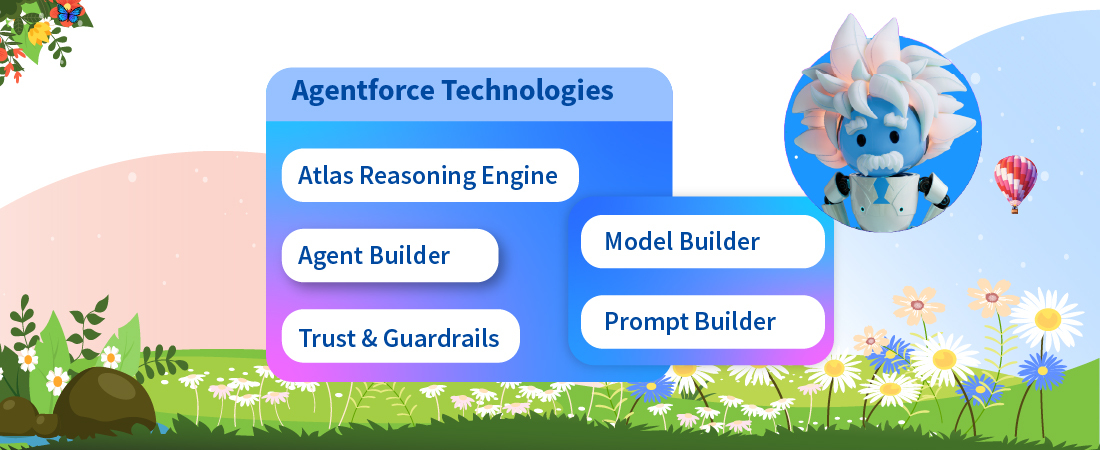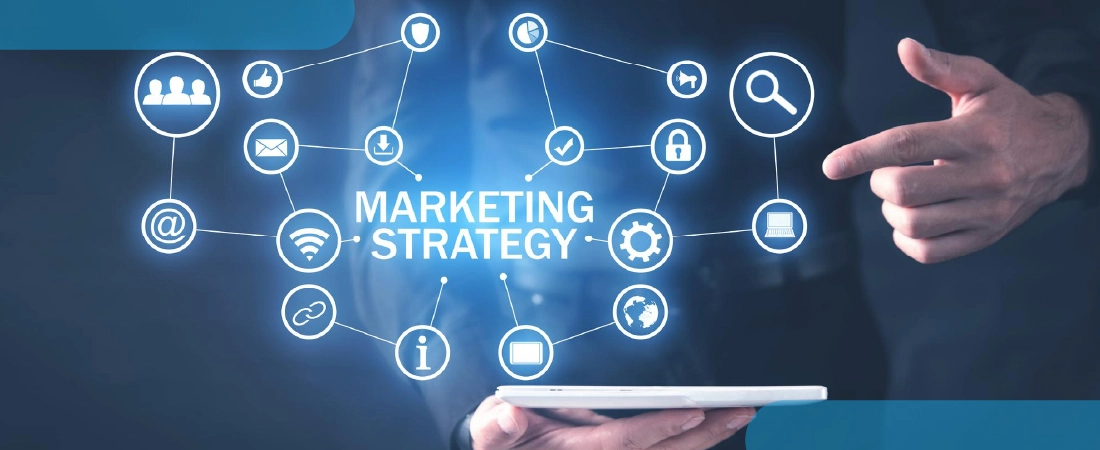In an earlier Circa, information consumption and distribution were only across a couple of channels. Big brands only needed to have a full-page Newspaper and a Superbowl ad to ensure their visibility to a large segment of the population. Today, consumers engage with brands across devices and platforms and businesses today understand the value of customer service and how it can act as a USP for companies. Poor Quality Customer Service can radically affect the profitability of an organization.
To attract customers and maintain a unique relationship with them, personalization plays a key role, but what is “Personalization”, it is about choosing or refining products or services for an individual by analyzing data about that customer.
CRM enables corporations to attract, nurture and retain customers. CRM and Personalization together have the capability of giving the correct data and deep insights to a corporation at the opportune time and perfect place. The idea of personalization in the context of CRM has quite a wide scope that provides quite a few advantages to an organization.
Personalization benefits the company in many ways. These advantages which the firm derives may be both, quantitative and qualitative. Each interaction with the customer should come across as a unique engagement. By cross-referencing, customer data corporations can effectively personalize the communication they have with their target audience. Companies must, however, be careful of the information they use and the communication they create, as certain information given by the customer may be sensitive.
Business can use transaction history and analyze the purchase pattern of the customers and personalize their marketing messages accordingly.
The personalization of communications and in general the entire brand as per customer profile and sentiment helps the brand immensely. A strategically formulated interaction with the customer leads to enhanced brand awareness and customer loyalty.
One of the most important aspects of personalization is to customize and focus on the content. The message needs to be created to resonate with a customer segment at a granular level. Undertaking this requires capturing and cross-referencing of a large amount of data and takes some time and effort to execute. However, it pays off in the long run and the return rate is high. An exceptionally focused messaging is powerful and strengthens a corporations’ association with its client. The recommendation that Netflix or Amazon provide to their users or how Uber remembers your most visited locations are some great examples of micro-targeting.
Unless a corporation is operating in the commodities market a one-measure fits-all approach does not work and customer segmentation is important. By utilizing CRM data and segmenting it properly the messaging can be crafted to address the aptest scenario
Personalization is not only about communication. When needed personalization must give a different type of data to various stakeholders with a well-planned strategy, for it to be impactful. Implementing personalization is not the goal of only a Technology, marketing or operations team but should be a collective effort from across the organization
With the advancement of the privacy and data protection laws and regulations imposed on an organization, personalization has its own challenges even with the current customer expectation to have a customized exposure to a corporation’s services. With recent development in Big Data technology, there is an immense amount of data that can be utilized to derive unique insights.






